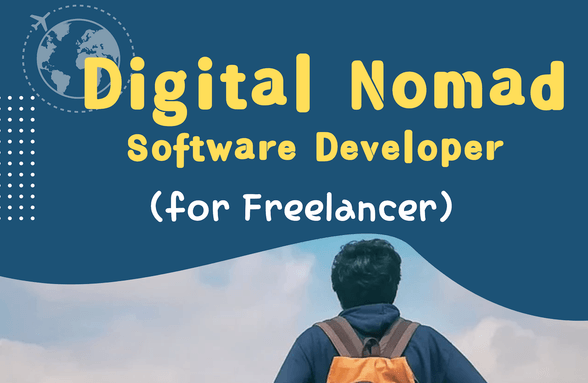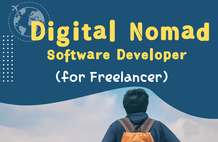・
Review 1
・
Average rating 4.0
If you have vague dreams without any experience or connections, you can find a general direction by listening to this lecture. You will learn stories that you cannot know unless you have worked as a freelancer. [For those with no experience, 1-2 years as a freelancer] Personally, after watching the lecture, I think it would be good to study on your own through the IT union, OKKY community Q&A, etc. I will subtract 1 star from this because many people who have worked in the freelance market have heard of it or experienced it. [For those with 3 years or more as a freelancer (without any connections or who have only worked as a permanent resident)] It was an opportunity to feel that "there is no royal road to work" and to regain my determination to solve problems through platforms or other people. I hope to gain comfort and courage that I am not alone by joining the KakaoTalk community with people who have the same direction. I think this is the greatest value to me. -------- Specific content ---------- If you have no experience at all or have only worked as a regular employee for a long time and have no freelance connections, this will help you find a general direction. There are stories that you may not know if you have not actually worked as a remote freelancer. If you have some IT experience or have been a freelancer for more than 3 years and have at least two or three acquaintances in the related field, you will likely gain significantly less from this lecture. What I expected was procedures for finding remote jobs in the US and other places, specific points and procedures for targeting the remote market internationally, specific examples of actual work, etc., but it was limited to the domestic market, and there were many general stories that you would learn if you worked as a freelancer, which was disappointing. I will leave actual feedback on the lecture target. 1. How can I easily and conveniently find a remote outsourcing job (not a resident freelancer) There is no such method. The lecture does not include the know-how of "easy" and "convenient". It teaches the standard method that everyone should do. And you should listen while considering the special nature that the lecturer already had considerable experience as a resident freelancer. I was disappointed because I was thirsty for things I had not experienced. 2. How long should I set? I think it would be better to specifically say "the period until stable income is generated" to avoid misunderstanding. I wish you had talked about the time to prepare to be a freelancer and the time it takes to settle down after entering the market separately... I wish you had given more tips on the number of portfolios, delivery channels, etc. You can listen to this part while considering that the lecturer already had experience as a resident freelancer and started looking for work in the outsourcing remote sector. 3. What preparations should I make to avoid being scammed? Read the IT union bulletin board and OKKY Q&A carefully and look at the content. There is too much and everything seems important. And if you feel it is annoying, watch this lecture. I was always afraid until my first or second year as a freelancer, so I went to various IT communities and searched for articles and got a lot of help. 4. How to live as a freelance developer until retirement If you listen to the lecture, you will know the difference between the freedom you vaguely imagined and the freedom of those who actually have experience. Please keep in mind that even if you have achieved 1/2/3, you are not free. If you have signed a contract and worked as a freelancer even once, you will realize that "freedom" is a word with many restrictions. I was disappointed because I had high expectations for the age of 69 in the title. I wish you had told me if there were any real cases of people finding remote outsourcing development jobs in Korea after their mid-60s. While working as a freelancer, I have seen many people in their mid-50s, but I have never seen anyone in their early or mid-60s, so I really had high expectations for this part. When working remotely at age 60, I expected that there would be realistic difficulties, know-how on how to avoid them, and that juniors would see that there would be practical know-how on how to work to that level, and that person's philosophy and direction in life would be like this.
Thank you for your valuable opinion.







